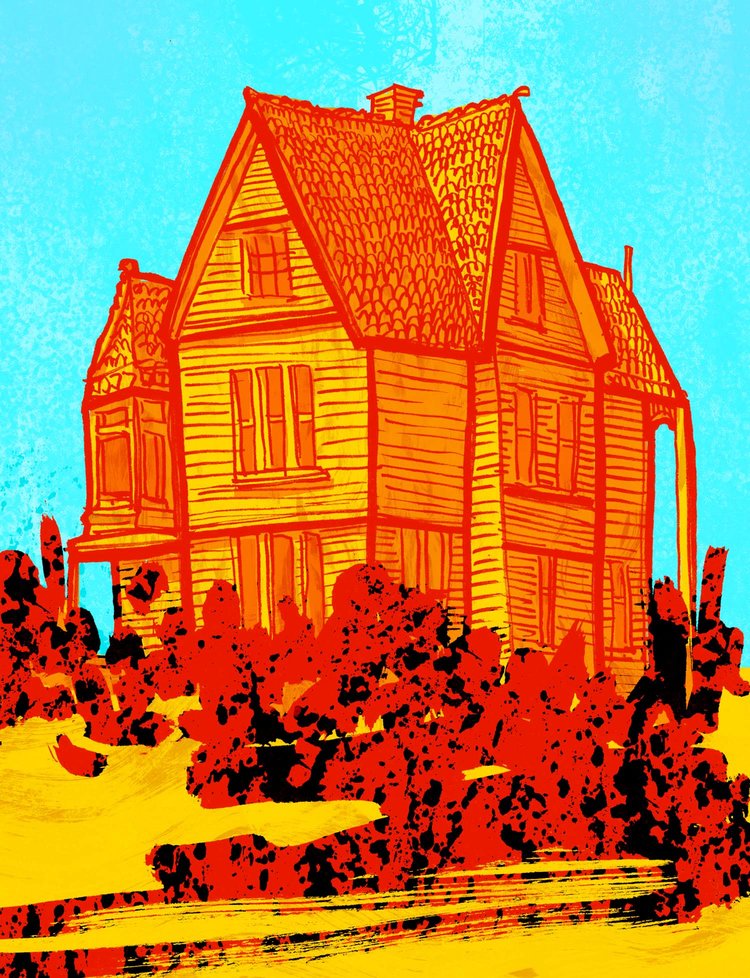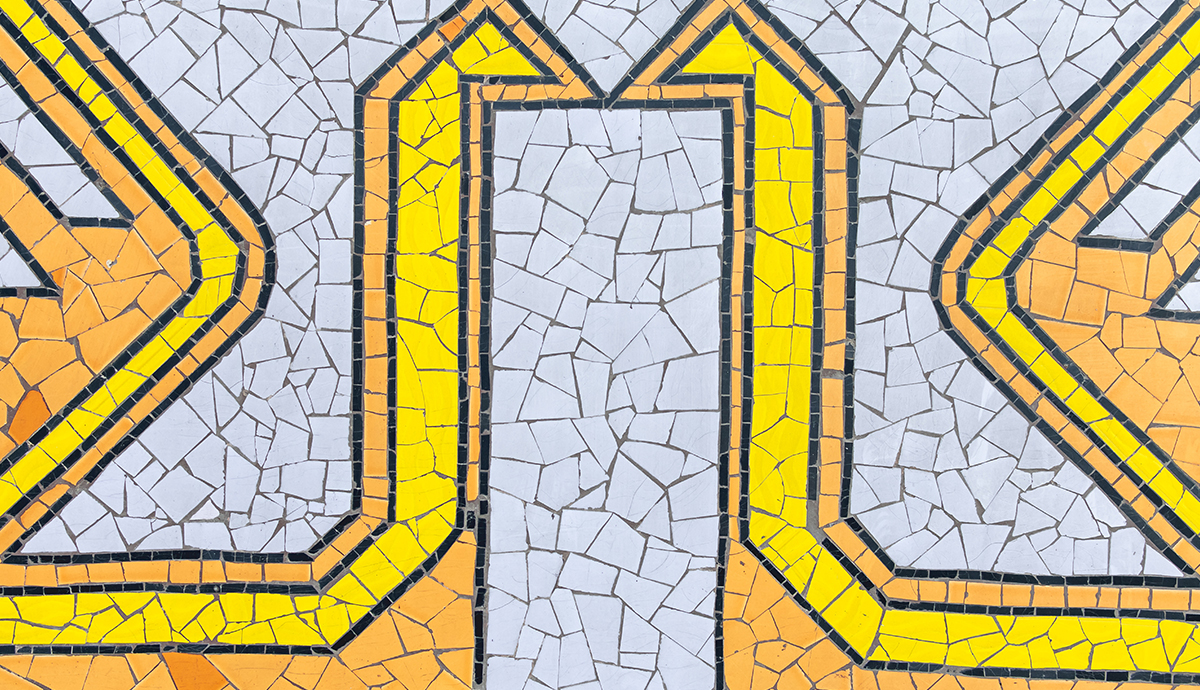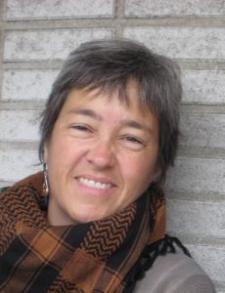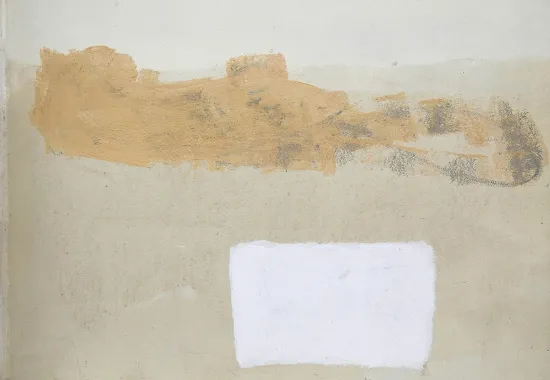On “Antique Store”

Sometimes poems start with nouns. Could we even go so far as to say all poems begin their at-first fragile lives with the solidity of nouns? In the dark we move, and that moving matters when we bump into something or when our bare foot, warm from the bedclothes, comes down flesh against angle, onto a Lego block. Through the day we touch nouns: a pen, a handlebar, a coffee cup, our ear, a book’s spine, our beloved’s spine; or we long to touch, dream of touching, imagine touching, reprimand ourselves for not touching nouns: a book, a guitar, a baby, the chalice.
My poem “Antique Store” began with the old (though surely not antique, yet) defibrillator I found in an antique store in Madison, Wisconsin. I’d been visiting that capital city with my daughter and sister; we were together for a girls’ weekend, something we relish from time to time. We sat in a row on the throne-like chairs in a spa and while women bent over our feet and painted our toenails, I read aloud a Virgil Thomson review written with such rapier wit, such verbal gymnastic delights, that I had to repeat a few sentences. Down the block from the spa was the antique store and since we had nothing pressing on the agenda, in we went.
Perhaps Thomson’s style made me vulnerable to the world of the antique store. It wasn’t that I went in thinking “Here be poems,” as people sometimes imagine poets do, as if we went through a world signposted “poem” wherever we turn. The world, though you bump into it, doesn’t call out to be transported into a poem. You must be ready for the world, willing to stub a toe, even a classy red toe. Maybe Thomson had made me ready.
But the first fragile draft of the poem came later. I didn’t leave the antique store with the poem, though I did leave it with the noun, the defibrillator, taking up space in my brain.
That weekend had one disappointment: my brother canceled a planned meal together. My relationship with my brother is delicate, easily wounded. Sometimes it feels like the cord and the machine of our relationship have gotten separated. The noun connected to feeling, a necessary connection for a poem to take shape. Perhaps that feeling, the disappointment, the disconnection, readied me to write the poem.
There was another readying aspect to the weekend. At the Chazen Museum of Art we saw a show of black-and-white photography by Roger Ballen, an American artist who lives in Johannesburg, South Africa. We saw “Asylum of the Birds,” a series of images taken in a house where graffiti and weird, primitive paintings cover the peeling and cracked walls. In some of the photographs human subjects pose with dead animals and masks. The photographs haunt you; ghosts come up from your very bile.
A defibrillator connects the living and the dead, as if it were holding hands in two directions. Ballen’s photographs, too, exist in this liminal space. As do antique stores, with all the stuff lined up for viewing. A cortège of nouns.
And poems, too, can stand in that in-between place. Olav Hauge noticed that some poems are “at the boundary, where the light from the other side breaks through.” I hope that my poem stands at this boundary.
Recommended
Mercy
Eclipsing
Psychic Numbing






